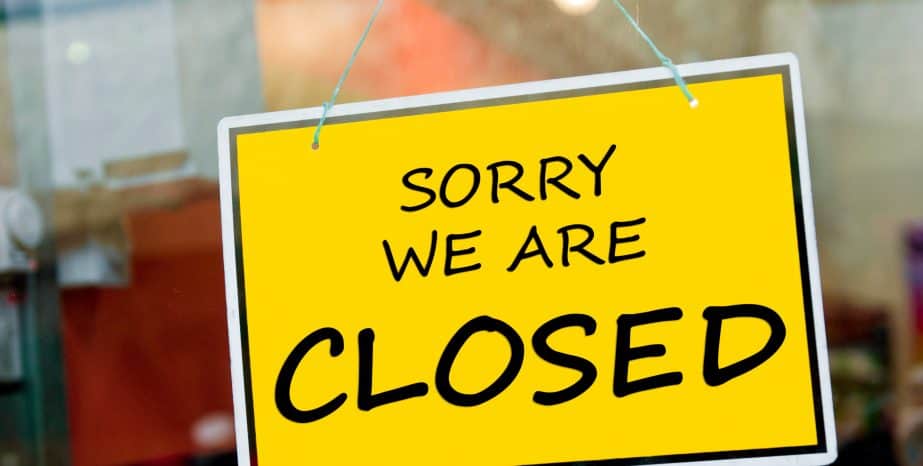
Did Your Insurance Company Refuse to Pay Your COVID-19 Claim?
Don’t Take the Law Into Your Own Hands. Take Them to Court.
Celebrity chef Thomas Keller recently filed suit in Napa County, demanding that his insurance company make good on a business interruption policy.
Keller owns and operates several upscale restaurants in California, New York, and other parts of the country. Like many other restaurants, Per Se and The French Laundry are still open for take-out and delivery. But their dining areas are closed, and revenue has plummeted since stay-at-home orders came online. According to some estimates, restaurateurs like Keller could lose a collective $250 billion per month while coronavirus quarantines are in effect.
In a statement, the American Property Casualty Insurance Association said it would be a mistake to “retroactively rewrite existing insurance policies” because of COVID-19, because such payouts could bankrupt the insurance industry.
Bad Faith Insurance Claims
In California, insurance companies have a duty to indemnify covered losses. That duty involves several acts, such as:
- Investigation: Policyholders often file claims which the policy arguably does not cover. Insurance companies cannot simply rubber-stamp these claims as “denied” and close their files. They have a legal responsibility to investigate disputed claims before they can deny them.
- Communication: Insurance companies must not just act. They must act quickly. If you ask a question, the insurance company has fifteen days to respond with a substantive answer. Other deadlines apply as well. Generally, insurance companies must acknowledge claims within fourteen days, issue a preliminary finding within thirty days, and pay or deny the claim within ninety days.
- Full Payment: The insurance company bears all the financial risk. Property is covered for the amount listed in the policy, and not the current fair market value. In other words, insurance companies cannot use depreciation to lower their payments.
Some examples of California bad faith claims include unreasonable delay, conducting a shoddy investigation, failure to communicate with the policyholder, misrepresentation, and failure to give an adequate basis for denial.
Under California law, successful bad faith claimants are usually entitled to attorneys’ fees. So, when you work with a Los Angeles bad faith insurance attorney, there is usually no financial risk.
Civil Action
In most cases, business interruption insurance is a standard part of a commercial insurance package. These provisions require insurance companies to pay for business interruption losses caused by certain triggering events.
These losses are usually not just immediate. Businesses forced to close lose ground to direct and indirect competitors. For example, if a movie theater closes, people might not just go to another theater down the street. They might stream movies at home instead.
Language varies, but civil action clauses usually state that such closures are covered losses. Insurance companies usually interpret these clauses narrowly. Covered losses are limited to complete closure. In the COVID-19 context, that would be something like a mandatory quarantine with complete business closures, checkpoints, and a curfew.
So, insurance companies often refuse to pay for partial closures. The restaurant is technically still open, their lawyers argue, so there is no covered loss.
But such a narrow view ignores the reality of this unprecedented situation. Takeout and delivery is not a valid option for many restaurants, such as sports bars. Additionally, with a stay-in-place order in effect, there is almost no foot traffic in malls, downtown areas, or entertainment clusters.
Physical Damage
Other business interruption policies cover interruption due to physical damage. Normally, “physical damage” means things like fires, tornadoes, and other such events. Once again, many insurance companies take a narrow view. Coronavirus is certainly not a fire or other natural disaster, so most insurance companies once again refuse to pay.
However, many courts, especially in California, have a much broader view of “physical damage.” Often, the loss of business due to an infectious disease or, in this case, an on-premises shooting, is enough to trigger the indemnity requirement.
Businesses who faithfully pay premiums have the right to expect prompt payment for covered losses. For a free consultation with an experienced Los Angeles coronavirus insurance attorney, contact the Law Offices of Eslamboly Hakim. Home and remote conferences are available.
Sharona Hakim
Sharona Eslamboly Hakim, Esq. is a successful personal injury attorney and the principal of the Law Offices of Eslamboly Hakim firm in Beverly Hills, California.








